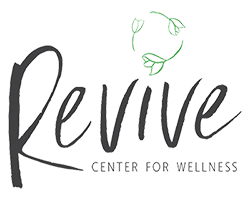You’ll want to get together all the necessary materials, like your insurance information (if applicable) and note any past events that may have an impact on you currently. It’s also helpful to reflect on your goals and think about your reasons for coming in. Your goals for therapy can (and probably will) change as time goes on, and they don’t have to be super concrete, either. But it’s a good idea to think about it beforehand. And if you’re not sure, a good therapist will help you figure it out.
The first session — usually called intake — is pretty guided. You can talk about as much or as little during the first session as you’re comfortable with. But either way, you should expect to talk and be asked about your history. Think about things like your family and important relationships, academic and work history, your relationship with drugs and alcohol, and how your current situation developed. The first session is not a commitment to therapy. Simply put, it is an opportunity to learn more about yourself and about the process. Come with just the “top line”, and you and the therapist will figure out the rest together as grow your relationship.
